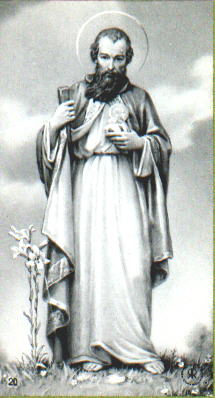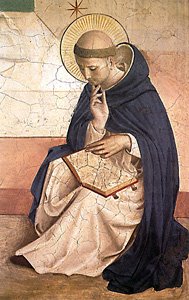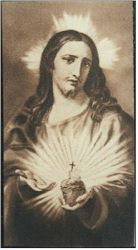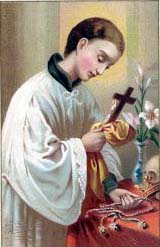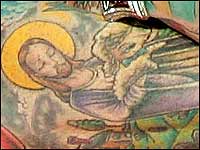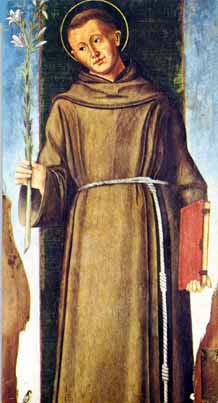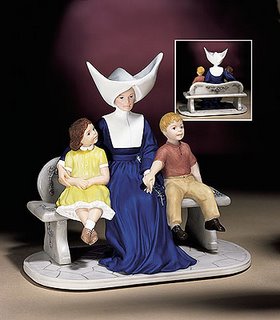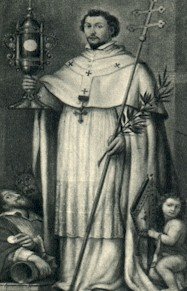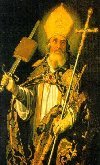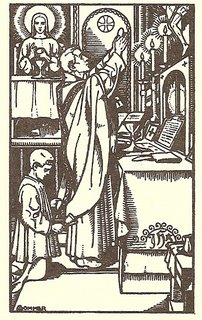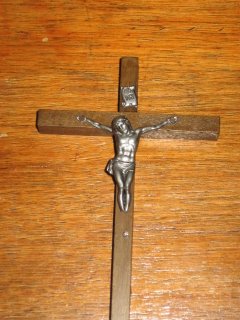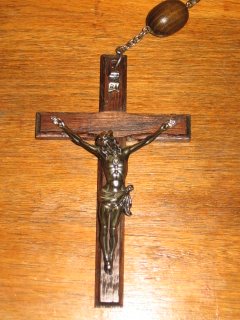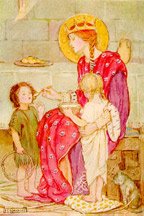
On this Ember Day we are fortunate to commemorate the feast of St. Margaret, Queen of Scotland.
As the Office of Matins notes, "
Margaret, Queen of Scots, was most noble by birth, uniting in herself, from her father the blood of the Kings of England and from her mother the blood of the Caesars, but her greatest nobleness was in her brave Christian life." Born while her father was in exile in Hungary, she was recalled to England by St. Edward the Confessor, forced to flee the Norman invaders and finally shipwrecked on the shores of Scotland, where her grace so attracted King Malcolm III, he took her as his wife and queen.
St. Margaret, who once desired to enter religion, remained committed to prayer, penance and piety. She founded churches and convents, received the poor into her home and relieved them from the royal treasury, having previously sold her regal attire. She died as she had foretold on June 10th after a six month illness.
Her body was buried before the high altar of Dunfermline Abbey but following her canonisation transferred to a new shrine. During the Reformation her head was in the possession of Mary, Queen of Scots, and later the Jesuits at Douai but perished in the French Revolution. The rest of her relics were acquired by Phillip II of Spain but upon a request to Pius IX for their restoration in Scotland, could not be found. It is a tragedy that even in death, St. Margaret should have been forced to endure persecution and exile.
Os suum aperuit sapientiae, et lex clementiae in lingua ejus : consideravit semitas domus suae, Et panem otiiosa non comedit. (From the responsary at the Third Nocturn of Matins from the Common of Holy Women)
